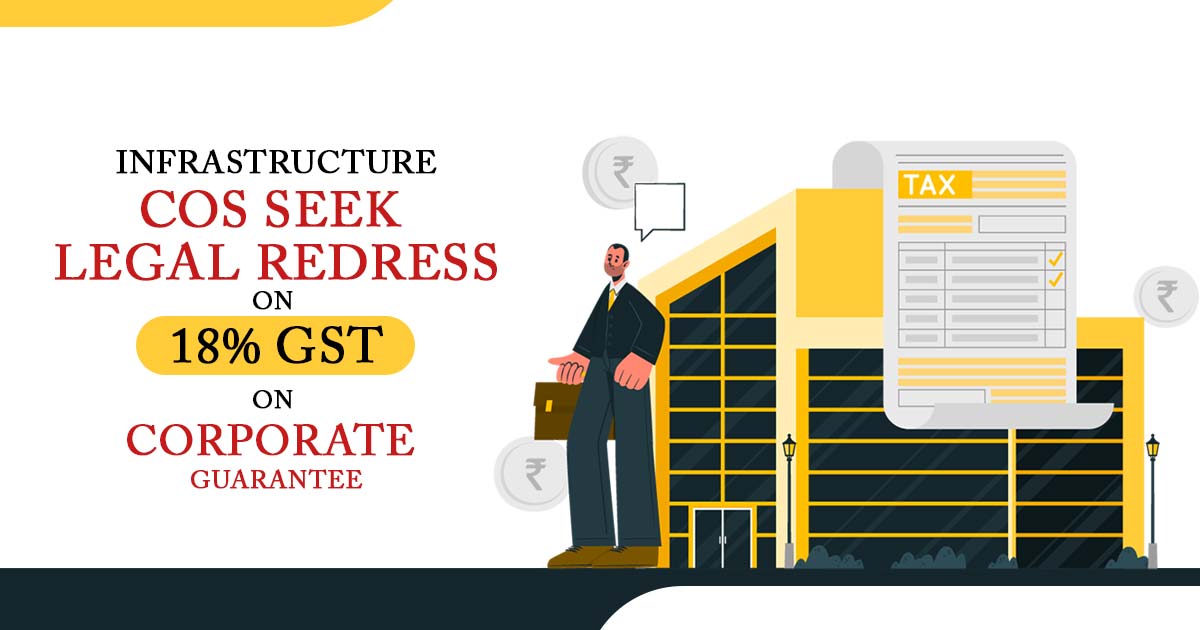
Several infrastructure firms are poised to pursue legal action following the Goods and Services Tax Council’s decision to impose an 18% GST on corporate guarantees provided by holding companies to their subsidiaries.
Reports suggest that numerous major infrastructure companies are gearing up to lodge writ petitions in the Supreme Court, aiming to challenge and review this decision.
Experts highlight that numerous corporations, particularly within the energy and real estate sectors, utilize special purpose vehicles (SPVs) for individual projects. To secure funding, the primary entity must provide guarantees to financial institutions enabling support for these SPVs.
The industry’s argument revolves around the necessity rather than the benefit of extending guarantees to SPVs. Maintaining separate profit and loss accounts for each project due to accounting and regulatory mandates leads companies to establish distinct entities. Consequently, securing funds poses a challenge for newly established entities, making the guarantee from an Indian holding company the preferred choice for banks.
Valuation poses yet another hurdle for the industry due to the steep 1% rate imposed, whereas the prevailing market rate stands at less than 0.5%. “Hence, defining the value specific to this service seems arbitrary and exceeds the legislative jurisdiction of the GST Council,” remarked the source.
During its October 7 meeting, the GST Council addressed the taxability of personal guarantees provided by directors to banks against credit limits or sanctioned loans to the company, as well as the taxability of corporate guarantees extended to related entities.
The Council specified that an 18% GST would apply to corporate guarantees offered by a parent company to its subsidiary securing a bank loan. The taxable value of the guarantee’s supply is pegged at 1% of the guaranteed amount or the actual consideration, whichever is higher.
Read also: Businesses to Pay 18% GST on Corporate Guarantees Related to Bank Loans
“When service fees exceed the initially agreed upon value between the service provider and recipient, there’s always a concern about the apparent arbitrariness in taxing this higher value,” explained a tax expert. He firmly believes that rules should adhere to statutory provisions and not surpass them. “Once the service value surpasses the originally agreed-upon price, it dilutes the essence of the statutory regulations,” he added.








